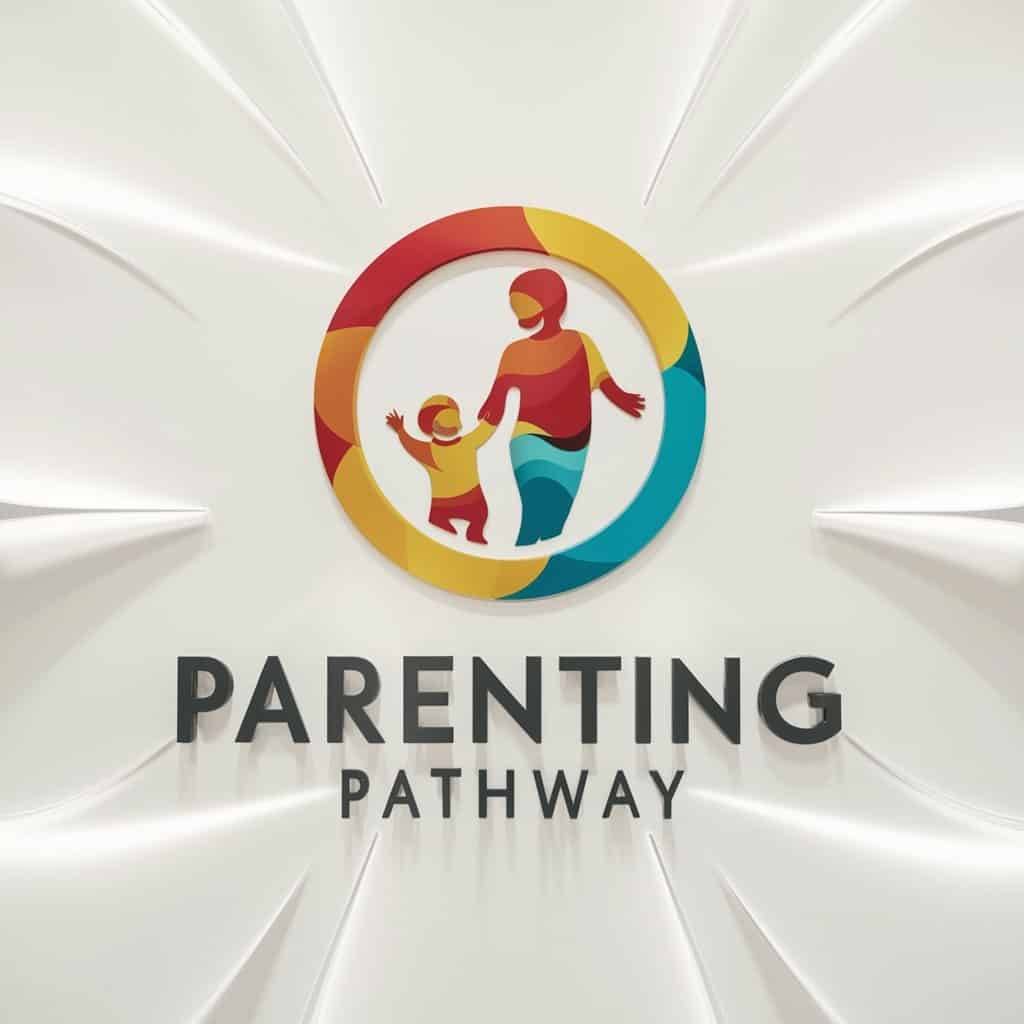What to Expect at Your Child’s First Psychology Session
Back to Blog
Understanding the Importance of the First Session
The first psychology session for a child is a pivotal moment in the therapeutic process, setting the stage for future interactions and establishing a strong foundation for effective treatment. This initial meeting is not merely an introductory visit; it is a multifaceted opportunity for the psychologist to gather essential information, observe the child’s behavior, and initiate a rapport that can facilitate successful therapy. One of the primary goals of this session is to create a safe and comfortable environment for the child. It is crucial that the child feels at ease, as this emotional comfort can significantly impact their willingness to engage in subsequent sessions.
During this initial encounter, the psychologist works diligently to understand the specific needs and concerns of the child. This involves listening to both the child and their parents to gain insight into the issues at hand. Parents often possess valuable information regarding the child’s background, behavior, and emotional state, contributing to a holistic view that informs the therapeutic approach. Furthermore, it allows the psychologist to assess the child’s developmental stage and tailor the therapy accordingly.
Setting clear expectations is another vital aspect of the first session. Both parents and the child should understand the goals of therapy, the potential outcomes, and the general structure of future sessions. Open and transparent communication between the psychologist, parents, and child fosters trust and ensures that everyone involved is on the same page. This clarity can alleviate any anxieties that the child or parents may have regarding the psychological process. Ultimately, the first session acts not only as an assessment tool but also as a crucial step toward building a long-term therapeutic relationship that can benefit the child’s mental health.
What Will Happen During the Session
The first psychology session with a child is designed to create a comfortable and safe environment, promoting open communication and trust. Typically, the session begins with a warm introduction, where the psychologist engages both the child and the parents. This initial interaction is crucial for establishing rapport, as it allows the psychologist to observe the child’s demeanor and comfort level while also gathering relevant background information from the parents.
During the session, various engaging activities are utilized to connect with the child. Play therapy is a common method employed by psychologists, as it allows children to express themselves in a natural and relaxed manner. Through play, children can communicate their feelings, experiences, and thoughts without the need for verbal explanation, making it particularly effective in a therapeutic setting. This approach often involves toys, games, and role-playing scenarios that resonate with the child’s interests.
Additionally, the psychologist may incorporate drawing or interactive games into the session. These creative activities can help facilitate conversations about the child’s emotions and experiences, enabling the psychologist to gain deeper insights into their psychological well-being. Drawing, in particular, allows children to depict their feelings visually, providing important clues about their emotional state and any underlying concerns.
Throughout the session, the psychologist will also maintain open lines of communication with the parents, encouraging them to share observations and any specific concerns they might have. This two-pronged approach ensures that the child feels safe and supported, while also equipping the psychologist with comprehensive information to inform future sessions. The ultimate goal of the initial psychology session is to lay a solid foundation for ongoing therapeutic work, fostering an environment where the child can thrive emotionally and psychologically.
Preparing Your Child for the Session
Preparing your child for their first psychology session can significantly impact their experience and comfort level. It is important to discuss the appointment in a positive and inviting manner, emphasizing that this is a safe space where they can express themselves and receive support. Reframing the session as an opportunity for them to learn more about their thoughts and feelings can help ease any apprehension.
When talking to your child about the psychology session, begin by encouraging open conversation. Allow them to share any feelings or concerns they may have regarding the appointment. Answer any questions they pose with honesty, ensuring that you use language appropriate for their age and understanding. This approach helps in demystifying the session and fosters a sense of security.
In addition to verbal preparation, role-playing can be an effective tool. Consider setting up a mock therapy session at home where you or a family member can act as the psychologist. This practice enables your child to familiarize themselves with the potential questions they may encounter, reinforcing that the session is a collaborative process rather than an interrogation. Engaging in play that mimics the experience can also serve to reduce anxiety and enable your child to feel more in control.
Another helpful tip is to visit the psychology office ahead of time, if possible. A preliminary visit helps in reducing unfamiliarity and can facilitate a smoother transition into the session. During this visit, point out friendly elements in the environment, such as toys or games, which can help your child feel more at ease. By approaching the situation positively and providing proper preparation, you can greatly improve your child’s readiness for this important step in their mental health journey.
After the Session: Next Steps
Following the initial psychology session, it is essential for parents to understand the subsequent steps in order to effectively support their child’s mental health journey. The psychologist will typically engage with parents to relay feedback on the session, which may include observations about the child’s behavior, emotional state, and responses during the appointment. This feedback provides valuable insights that can help parents grasp their child’s psychological needs more accurately.
In addition to feedback, the psychologist will collaborate with the parents to set specific, achievable goals for future sessions. These goals are tailored to meet the unique requirements of the child, taking into account any issues that may have surfaced during the first meeting. Clear goals allow for a structured approach to therapy, ensuring that each session has a focused purpose that aligns with the child’s overall development and well-being.
Once the goals are established, the psychologist will outline a comprehensive plan to address the child’s needs over the coming weeks or months. This plan may include a variety of therapeutic techniques that are suited to the child’s age and emotional maturity. The psychologist might also recommend specific activities or strategies for parents to practice at home to reinforce the therapy discussed.
Ongoing communication between parents and the psychologist is crucial in monitoring the child’s progress. Regular check-ins allow parents to share any changes in behavior or emotional responses observed outside the therapy sessions. This collaborative approach not only enhances the effectiveness of the therapy but also ensures that parents feel supported and informed throughout the process. By actively participating in their child’s therapy journey, parents play a vital role in fostering a positive environment that promotes mental and emotional growth.




Leave a Reply